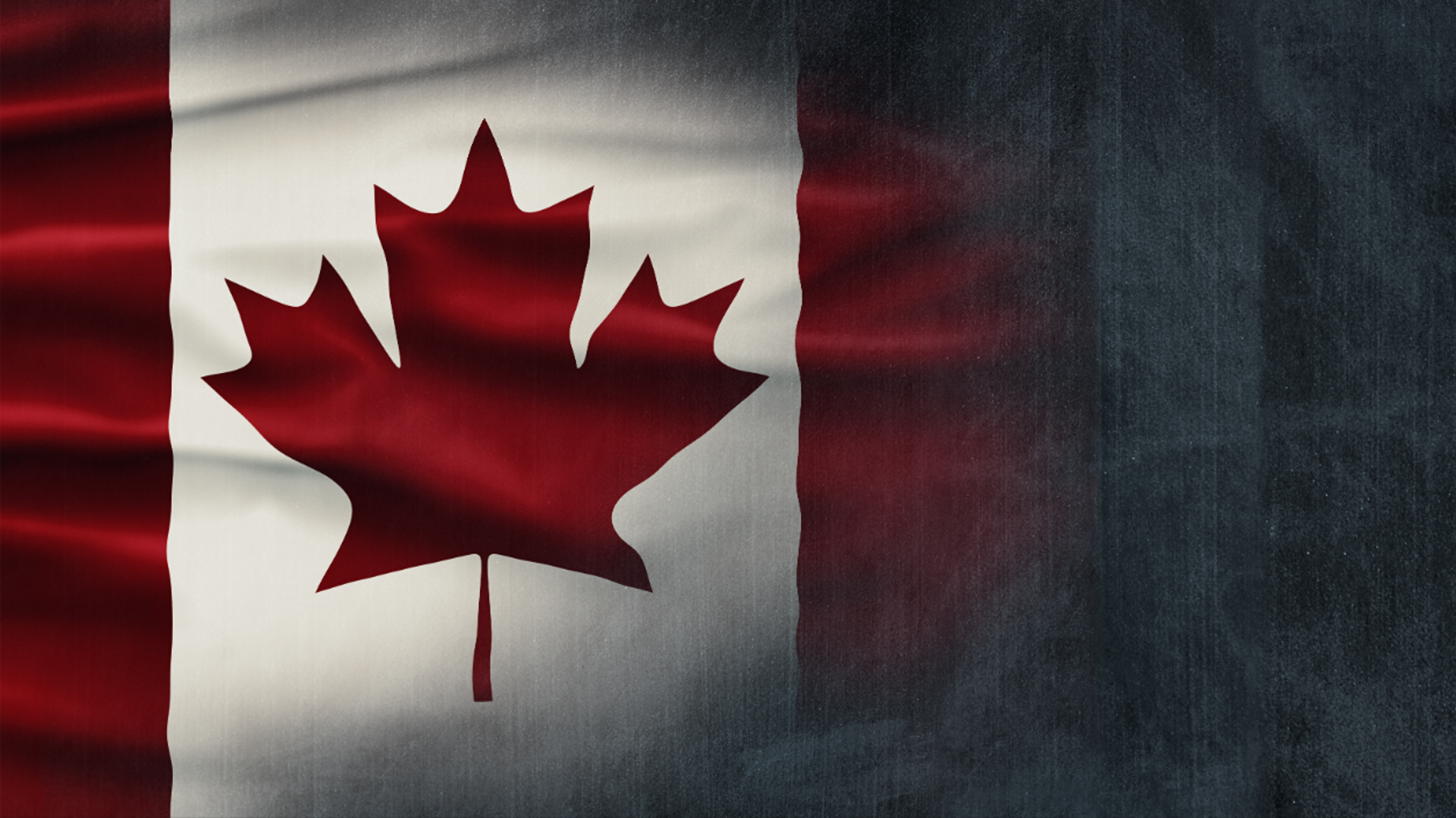Tag: regulations


Despite regulatory barriers, 3D-printed houses can revolutionize the construction industry
December 20, 2023 | Post
What if we could revolutionize transportation to make it not only faster but also more sustainable? What if we could create educational systems that are not only more accessible but also tailored to individual learning needs?
Or, how about building new homes in a matter of days, at a fraction of the cost?
ICON Technologies is able to do just that — if not for regulatory barriers.

How occupational licensing oppresses the poor
December 19, 2023 | Post
Imagine having to pay and jump through hoops for the government to allow you to work. That’s essentially how occupational licensing works.
Occupational licensing is a system that disproportionately burdens and oppresses the economically disadvantaged, hindering social mobility.

Bill C-18: social media no longer a home for news in Canada
August 3, 2023 | Post
Under the guise of supporting local news outlets in Canada, Bill C-18 aims to censor all news outlets on social media platforms unless their companies offer compensation to Canadian news outlets for the news they provide.

Out with the coal, in with the nuclear
March 15, 2023 | Post
Despite the economic challenges involved, nuclear power is our best chance of walking that tightrope that allows us to manage both economic and industrial concerns while decarbonizing. Is that not the objective we are all striving for?

The Misuse of Social Media Act: a threat to freedom of expression in Uganda
February 27, 2023 | Post
The provisions in the Misuse of Social Media Act passed by Uganda’s Parliament are highly restrictive and pose a direct threat to digital freedom. Here’s a quick breakdown of how and why…

A foot in the door? Australia’s real housing crisis, exposed
February 22, 2023 | Post
Housing affordability has become a plague on Australia’s economy, and government policy here has ensured that no matter what happens, people — especially the least well off — will continue to get hurt. Let’s take a look at the reasons behind Australia’s housing crisis…

Would the American Innovation and Choice Online Act enhance economic freedom?
August 18, 2022 | Post
There are good reasons to believe that the AICOA would not enhance economic freedom nor improve overall welfare. This is a problem, not because big tech needs more defenders, but because it would stifle competition and economic freedom.

3 Ways Governments Can Regulate Bitcoin
September 9, 2021 | Video
Bitcoin and other crypto have put a lot of pressure on governments. They just can’t ignore it anymore. Some have tried really hard to control it (like China), others have embraced it completely, like El Salvador, which just legalized bitcoin as legal tender. In this video, we explore examples of obstacles some countries put on […]

How the government makes natural disasters so much worse
September 11, 2017 | Post
Many of the most expensive flood and storm disasters in US history have occurred in recent decades. The glib response is to blame the severity of these catastrophes on climate change, but are we looking in the wrong direction?

Do you have a license to mow that lawn? 5 ways occupational licensing laws hurt (almost) everyone
June 3, 2017 | Post
A city ordinance requires teenagers to have a business license before cutting grass for money.

Quietly creating freedom: Private communities and special economic zones
April 3, 2017 | Post
The astonishing growth in SEZs qualifies as a revolution of sorts, but not the usual, political kind.

How regulations block economic progress
March 27, 2017 | Post
To discover the Next Big Thing, you need to think outside the box.

Patents are out of control, and they’re hurting innovation
March 14, 2017 | Post
The government issues thousands of new patents every week — each one a new regulation — with little to no oversight or review.

Deregulation gets the beer flowing.
February 5, 2017 | Post
Breweries will open as long as it is profitable. When taxes and regulations raise the costs of opening a brewery, we will see fewer of them.

So did Obamanomics work or not?
January 29, 2017 | Post
How to evaluate the economic record of Barack Obama? To even begin answering, it’s necessary to go beyond just counting the number of jobs created during his presidency (10 million) or calculating the average growth rate (1.5%) or even looking at something more wonky like the labor force participation rate.

Trump's order on sanctuary cities is dangerous and unconstitutional
January 26, 2017 | Post
Trump’s executive order is exactly the kind of high-handed coercion of states that outraged conservatives under Obama.

5 weird ways Prohibition still exists today
January 25, 2017 | Post
Prohibition was repealed more than 80 years ago, but we’re still feeling its policy hangover.

4 New Year's resolutions for the Trump administration
January 3, 2017 | Post
Trump doesn’t seem like the type for self-improvement, but here are four unsolicited recommendations anyway.

Over-Criminalization Nation — 5 Blood-Boiling Cases of Government Overreach
December 28, 2016 | Post
Every year the number of regulations, dictates, rules, decrees, guidelines, statutes, laws, and bylaws in the United States grows by leaps and bounds.

The case of post-Soviet Georgia shows us that economic freedom and human dignity are inseparable
December 21, 2016 | Post
I was still a Soviet citizen when I first read some of the international documents on human, economic, and political rights.

Bureaucracy buries the human spirit with paperwork
December 18, 2016 | Post
The following words represent the generally acknowledged mindset of a bureaucrat: “Rules are rules, fella. I don’t make ‘em. I just enforce ‘em.”

A political economist explains the best way to shrink the government in 9 charts
December 6, 2016 | Post
Let’s say that you’re a policymaker interested in reducing the size of government. Strategically, is it easier to cut government regulation or roll back the welfare state (thereby reducing government spending)?

Animal-loving entrepreneur succeeds despite anti-cat regulators
December 4, 2016 | Post
The petty tyrants that occupy county zoning offices or health departments are exactly why we can’t have nice things.

Why don’t we allow markets to dictate parking policy?
November 10, 2016 | Post
A market for parking free of government manipulation would reduce inequality, improve the environment, and make cities more livable.

